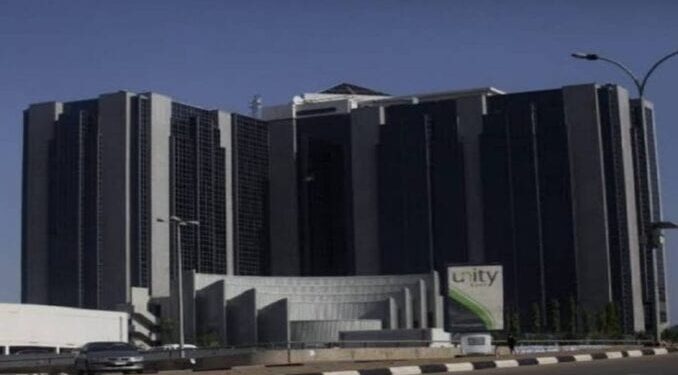Naira’s Record Plunge: CBN Postpones Rate Decision Amidst Policy Vacuum – Nigeria’s currency, the naira, has hit an alarming low, depreciating to a record 1,050 per dollar on the parallel market. This significant downturn, which saw the naira trading at 980/$ just a day prior, has been exacerbated by the Central Bank of Nigeria’s (CBN) unexpected postponement of the crucial Monetary Policy Committee (MPC) meeting.
Behind the Scenes of the Naira’s Freefall
The postponement comes amid a leadership reshuffle at the CBN. The new governor designate, ex-Citigroup executive Olayemi Cardoso, is awaiting confirmation, while the interim governor and four deputy governors have tendered their resignations. This has left a palpable void in policy-making at the CBN’s highest echelons.
The MPC, chaired by the CBN governor, is pivotal in determining the Monetary Policy Rate (MPR) or benchmark interest rate. Its mandate revolves around reviewing the economic and financial landscape, shaping short-to-medium term policy directions, and ensuring effective communication of monetary decisions to the public.
Given its significance, the CBN’s hawkish monetary stance since May 2022 has been closely watched by market players. At its last meeting in July, the bank raised its benchmark interest rate for the eighth consecutive time, increasing it to 18.75% from 11.50% in May 2022.
Expert Voices Weigh In
Yemi Kale, a partner and chief economist at KPMG Nigeria, suggests that the meeting’s deferment is likely until a new management team is in place. Meanwhile, Charlie Robertson, head of macro strategy at FIM Partners UK Ltd, speculates that the prospective CBN governor might be seeking consensus before making an interest rate decision. Kalu Aja, a financial planning expert, expressed astonishment at the unprecedented move, especially given Nigeria’s status as Africa’s largest economy.
Impact on the Street and Broader Concerns
The naira’s rapid depreciation is driven by robust dollar demand from individuals venturing abroad for various reasons, ranging from business to education. Stears Africa FX Monitor, a data intelligence firm, has projected continued naira instability, pointing to fiscal policies, external trade, and global market trends as influencers of the naira’s performance.
Fadekemi Abiru, head of Insights at Stears, voiced concerns over the naira’s unpredictability, emphasizing its implications for businesses and investors in Nigeria.
In urban centers like Abuja and Lagos, the dollar’s value has soared, painting a grim picture for currency dealers and the general populace. Yahaya Adamu, a currency dealer in Wuse, Abuja, and Umar Salisu, a foreign-exchange operator in Lagos, shared their observations on the scarcity of the dollar and the weakening naira.
The gap between the parallel-market rate and the official exchange rate has widened to approximately 29%, following President Bola Tinubu’s currency reforms announcement in June. However, the rates have diverged significantly since then due to the central bank’s decreased dollar supply.
A New Chapter for the CBN?
With the recent leadership changes at the CBN, industry insiders like Onoja Usman, managing director/CEO of Lovonus Microfinance Bank Limited, anticipate a shift in policies. He suggests that the recent removals, as opposed to retirements, indicate a break from the past and the ushering in of a new policy direction.
As Nigeria navigates these tumultuous financial waters, all eyes are on the CBN and its next moves in the face of the naira’s unprecedented decline.































